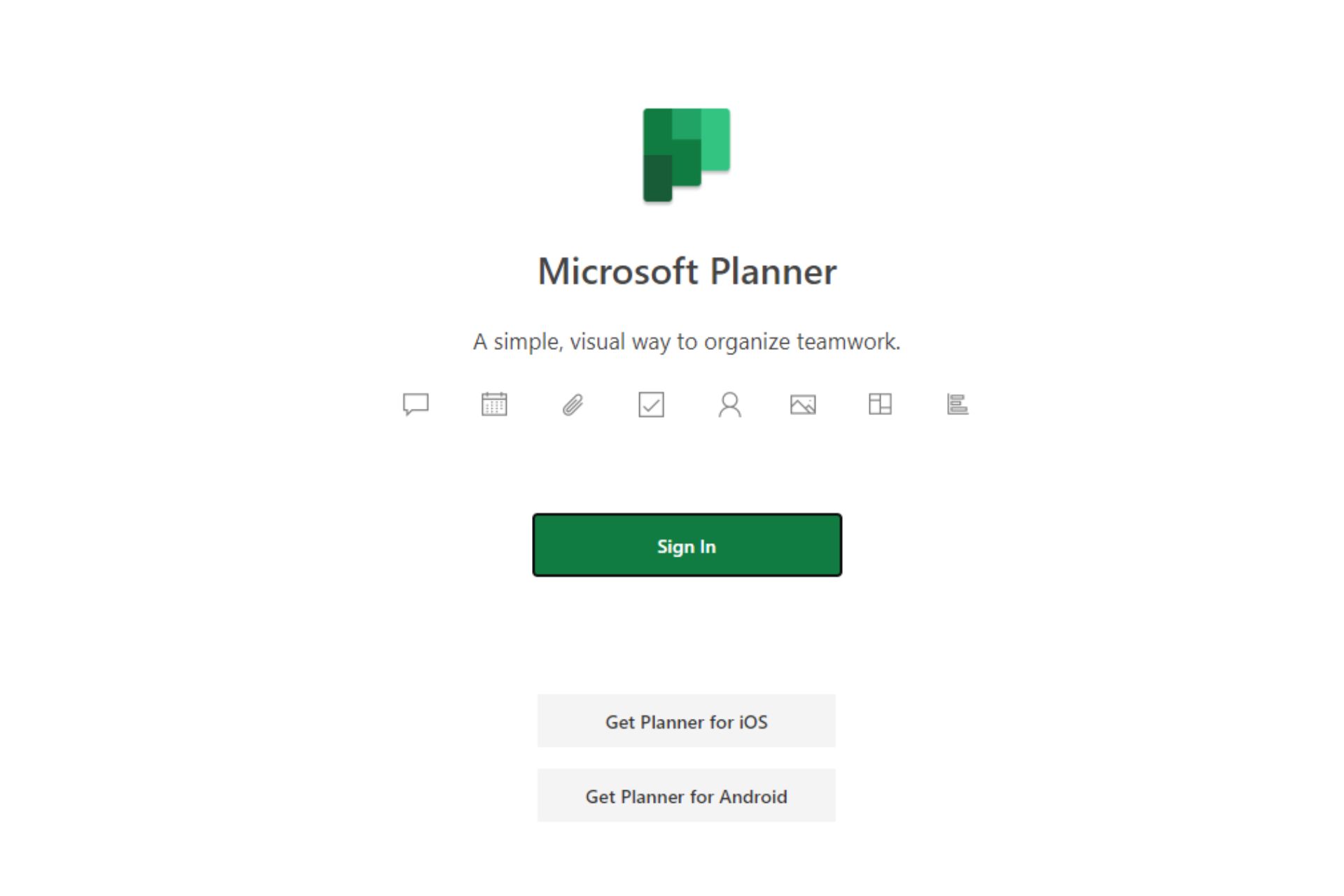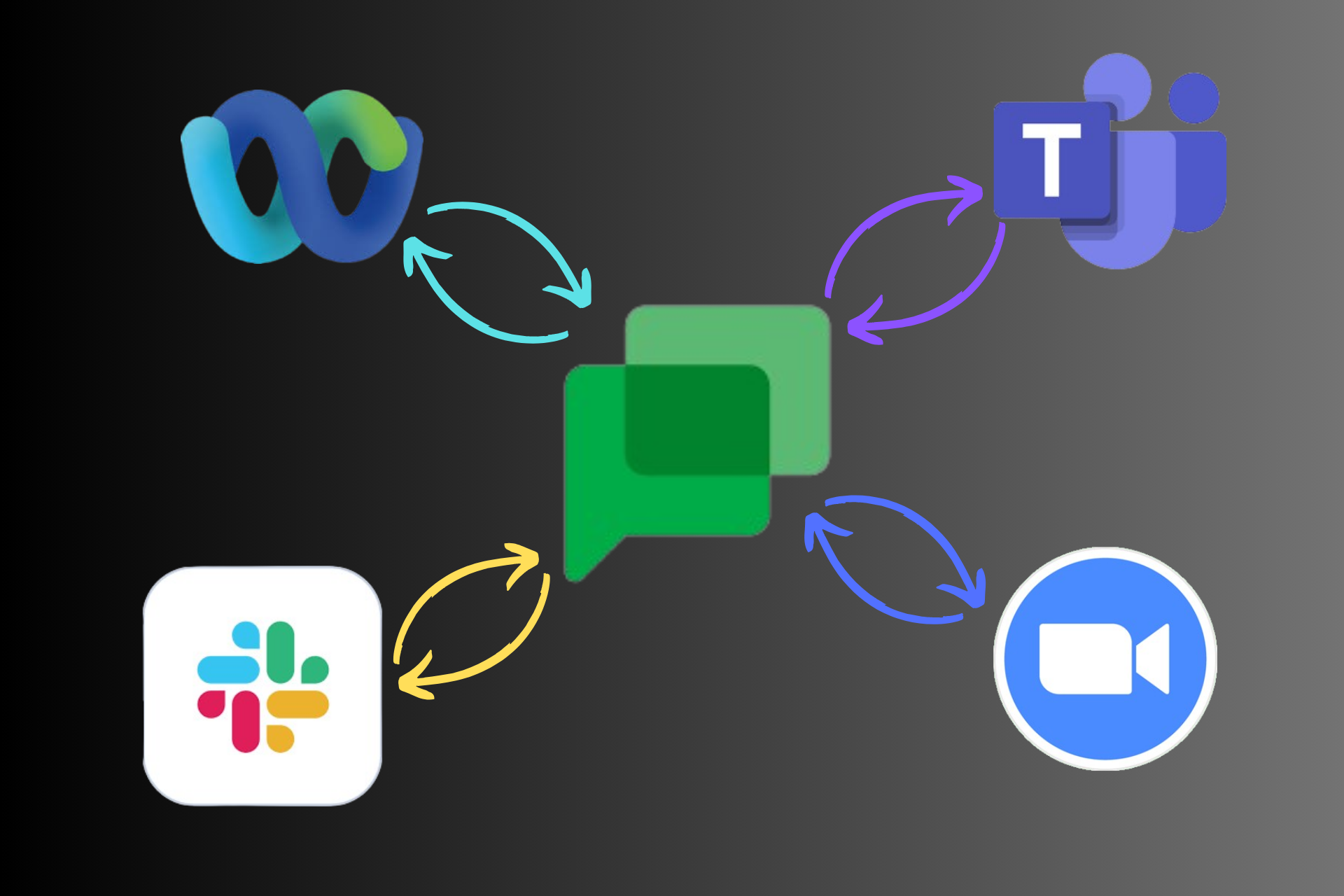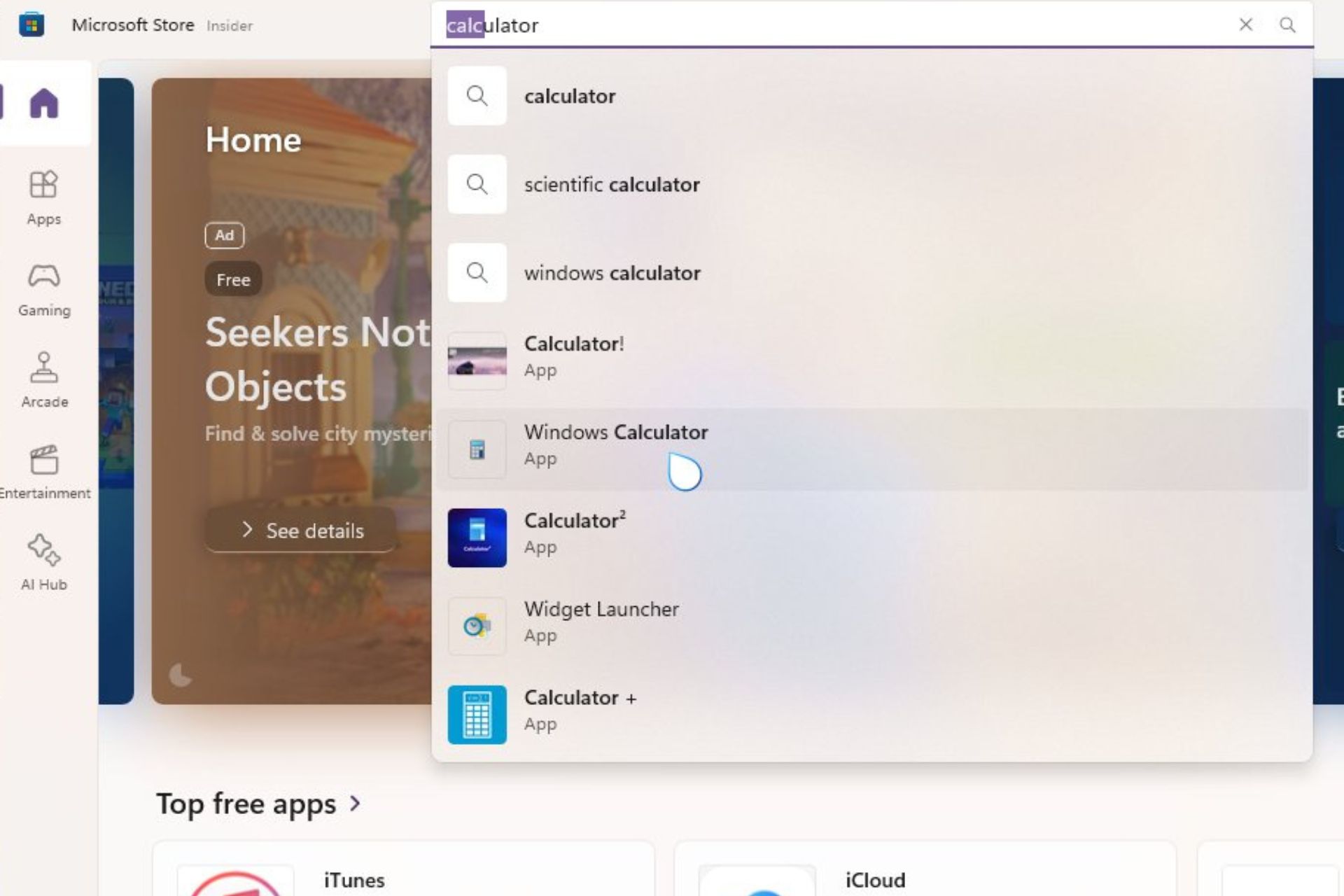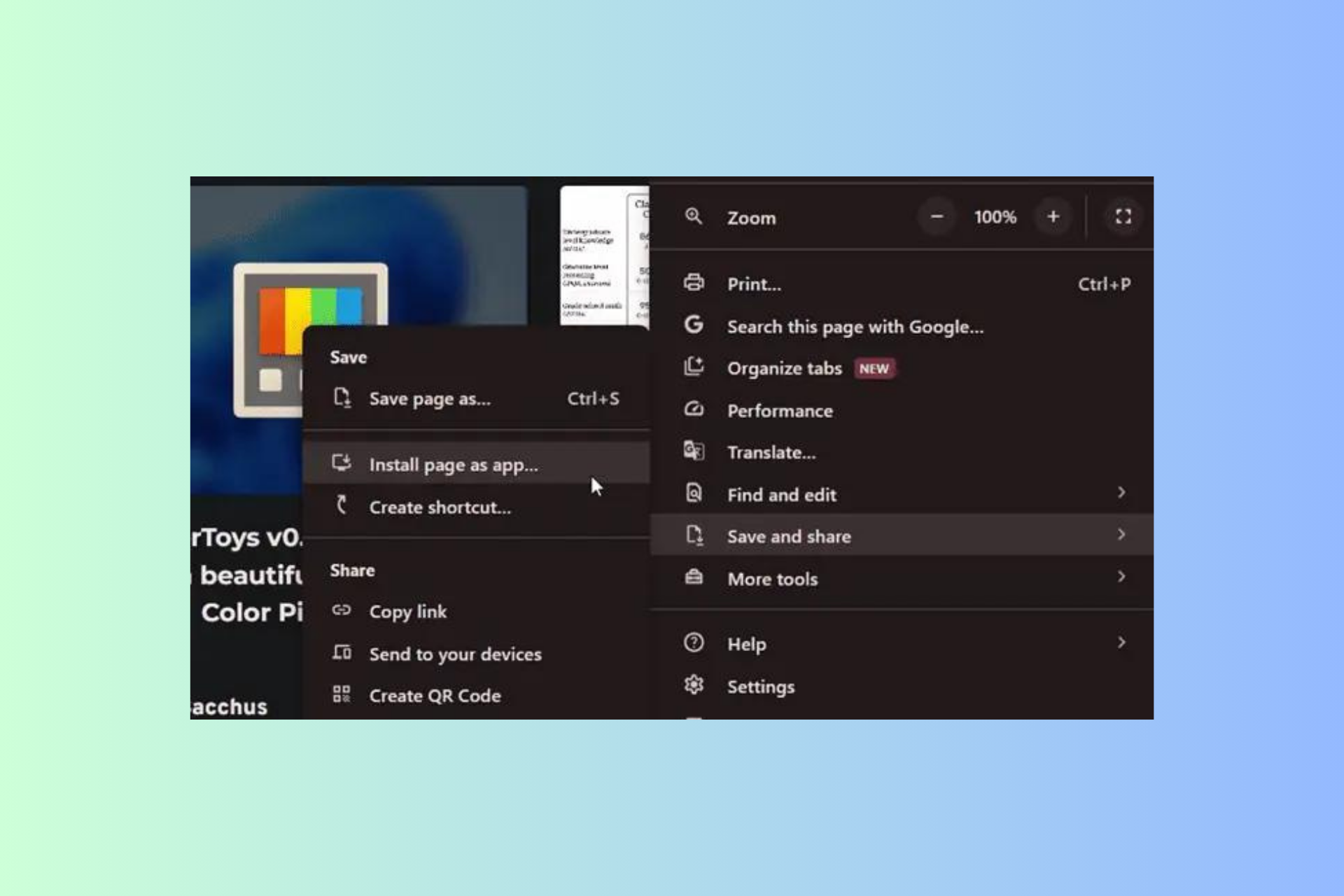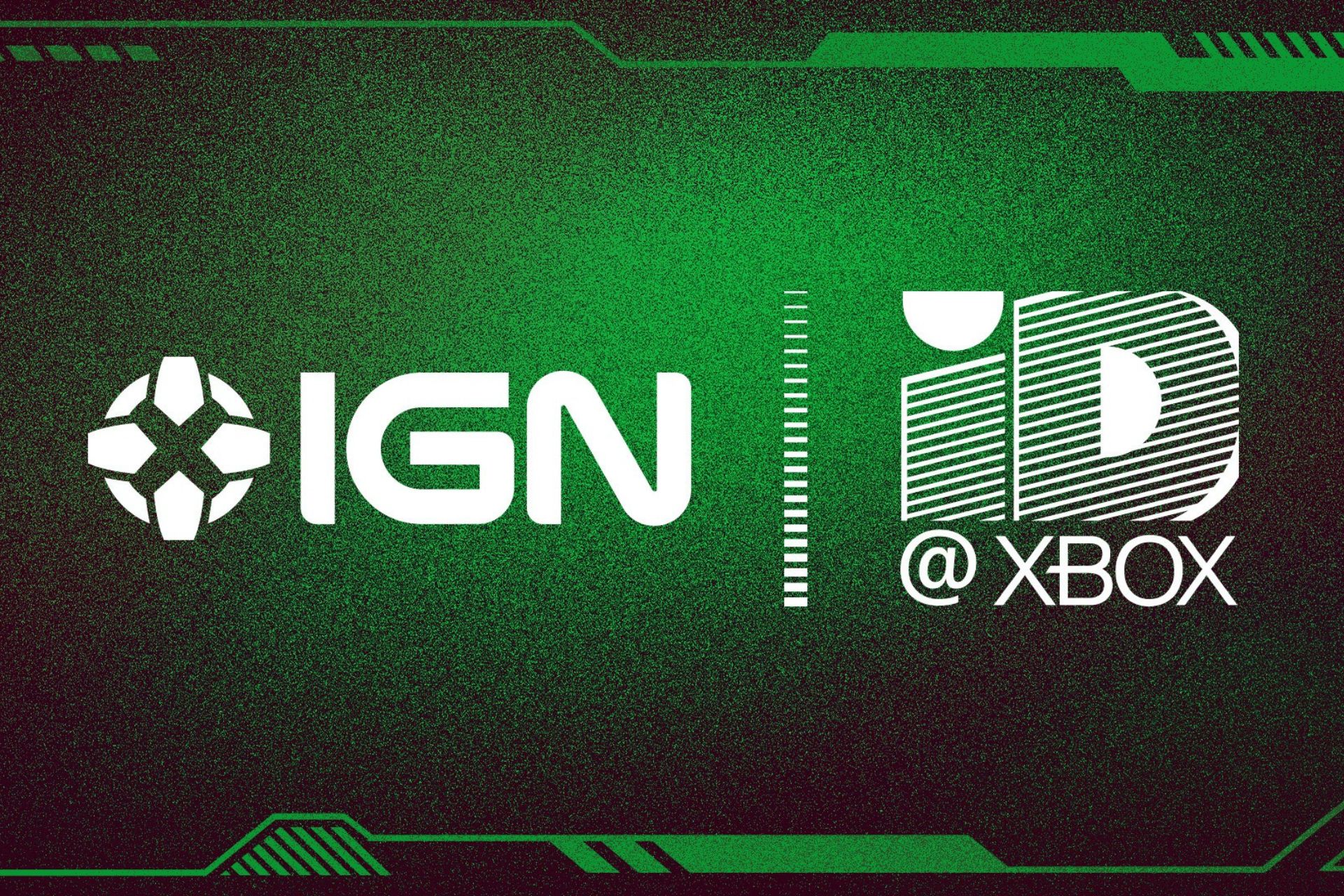Here are the hardware requirements for Windows 10 Cloud
2 min. read
Updated on
Read our disclosure page to find out how can you help Windows Report sustain the editorial team Read more
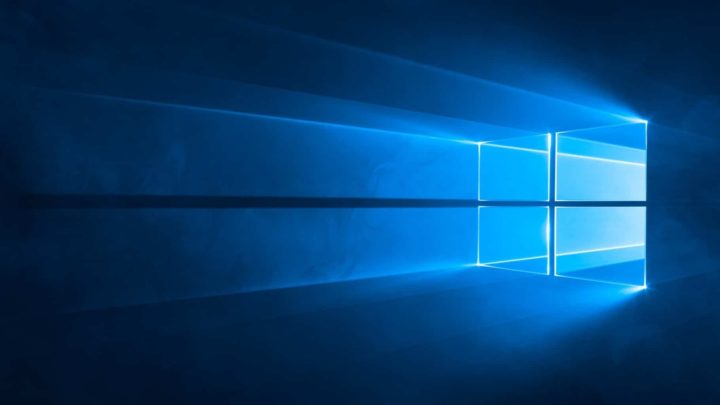
Windows 10 Cloud is a cloud-based OS which will take Microsoft’s platform to a new territory. If you’re planning to try it out, don’t forget to check the hardware requirements and performance targets.
Windows 10 Cloud hardware requirements
- Quad-core (Celeron or better) CPU
- 4GB RAM
- 32GB of storage for 32-bit, 64GB for 64-bit
- Battery larger than 40 WHr (WattHour)
- Fast eMMC or SSD storage
- Optional pen and touch support
Microsoft’s performance targets
- Battery life – longer than 10 hours
- Cold Boot to Login Screen – 20 seconds
- Resume to Login Screen – under 2 seconds
- First sign-in (Login Screen to Desktop) – 15 seconds
- Nth sign-in (nth Login Screen to Desktop) – 5 seconds
Microsoft wants its Windows 10 Cloud devices to compete with Chromebook’s battery life and start-up times.
Google’s Chrome OS minimum specs
- Intel Celeron processor or comparable
- 2GB RAM
- 16GB of SSD storage
Windows 10 Cloud vs. Windows RT
Microsoft’s Windows 10 Cloud operating system requires better hardware than Windows 10 in some areas and occasionally looks pretty similar to Windows RT. Microsoft launched Windows RT alongside Windows 8, but the company hasn’t really mentioned the OS since the release of Windows RT 8.1. Microsoft is still pushing patches for Windows RT, but that’s about it.
Regarding Windows RT, users could only use apps that were shipped with the OS along with apps and services and only what was available in Windows Store.
Windows 10 Cloud is similar but there are two main differences:
- The Windows Store has evolved and UWP apps deliver a better UX
- Windows 10 Cloud comes with the possibility to upgrade the OS to a Windows 10 Home or Pro license
Microsoft is planning on establishing a Chromebook competitor through its Windows 10 Cloud, but it remains to be seen how this is going to work out for the company and if the OS will have a chance of taking down Google’s domination.
RELATED STORIES TO CHECK OUT:


